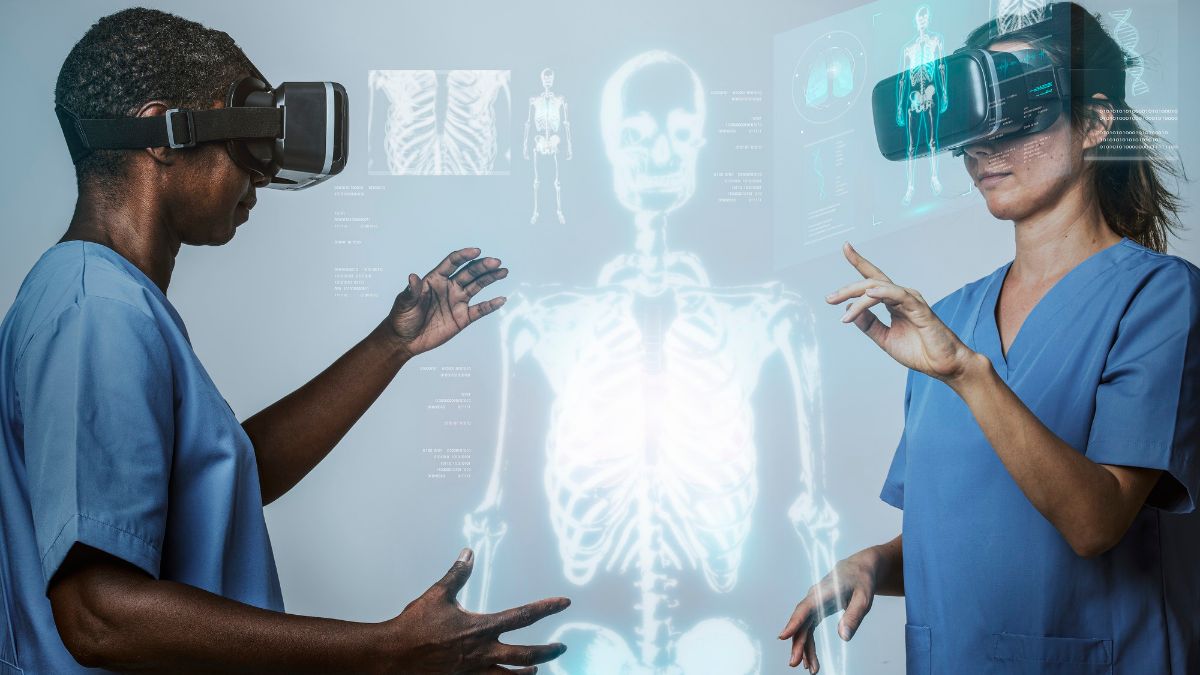
In recent years, the healthcare industry has been undergoing a profound transformation, which has been driven by rapid advances in technology, changing patient expectations, and the need for more efficient and effective healthcare delivery. As we look ahead, several key trends and technologies are set to shape the future of medicine and modern healthcare practices.
1. Telemedicine and Remote Monitoring
One of the most significant shifts in healthcare is the widespread adoption of telemedicine. Telemedicine allows patients no matter where they are based to consult with healthcare providers remotely and even attend an online doctor appointment. This accessibility breaks down geographical barriers and increases access to care. The crucial trend has been accelerated by the COVID-19 pandemic, which highlighted the importance of virtual healthcare services. In the future, we can expect even more sophisticated telehealth solutions, including virtual reality-based consultations and remote monitoring devices that continuously track vital signs.
2. Artificial Intelligence and Machine Learning
Artificial intelligence (AI) and machine learning are ready to revolutionize healthcare in numerous ways. AI algorithms can explore and analyze vast amounts of medical data to assist in diagnosing diseases, predicting patient outcomes, and personalizing treatment plans. Machine learning can enhance the accuracy of medical imaging, speeding up the diagnosis process and improving patient care. In addition, chatbots and virtual assistants powered by AI are becoming increasingly common in healthcare settings, helping patients with routine inquiries and administrative tasks.
3. Tailored Medicine
The concept of medicine tailoring medical treatment and healthcare decisions to the individual characteristics of each patient. Advances in genomics and molecular biology have paved the way for precision medicine, where therapies are designed based on a patient’s genetic makeup, lifestyle, and unique health profile. This bespoke approach can lead to more efficient and effective treatments with fewer side effects, offering new hope for patients with complex and rare conditions.
4. Wearable Health Technologies
Wearable devices, such as fitness trackers, are already popular among consumers for monitoring physical activity and health metrics. These devices are becoming increasingly advanced, with the ability to track various health parameters, including heart rate, sleep patterns, blood glucose levels, and more. In the future, wearable health technologies may play a central role in preventive healthcare, allowing individuals to take a proactive approach to their well-being and enabling healthcare providers to access real-time patient data.
5. Blockchain for Healthcare Data Security
The security and privacy of patient data are paramount concerns in healthcare. Blockchain technology, known for its decentralized and immutable nature, holds great promise in ensuring the integrity and security of medical records. By using blockchain, healthcare institutions can create a secure and transparent system for managing and sharing patient data while protecting it from unauthorized access or tampering.
Conclusion
The future of medicine is an exciting landscape filled with innovation and technological advancements. These trends and technologies are just a glimpse of what’s to come, and they have the potential to improve patient outcomes, increase healthcare accessibility, and streamline the delivery of medical services. As healthcare continues to evolve in the modern world, it’s crucial for all to embrace these changes and work together to harness the full potential of these transformative developments.




